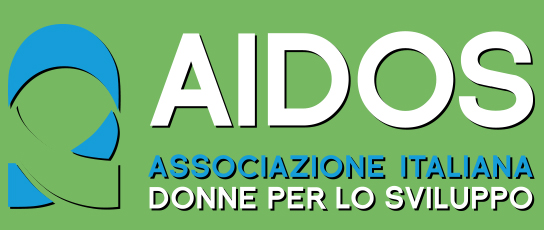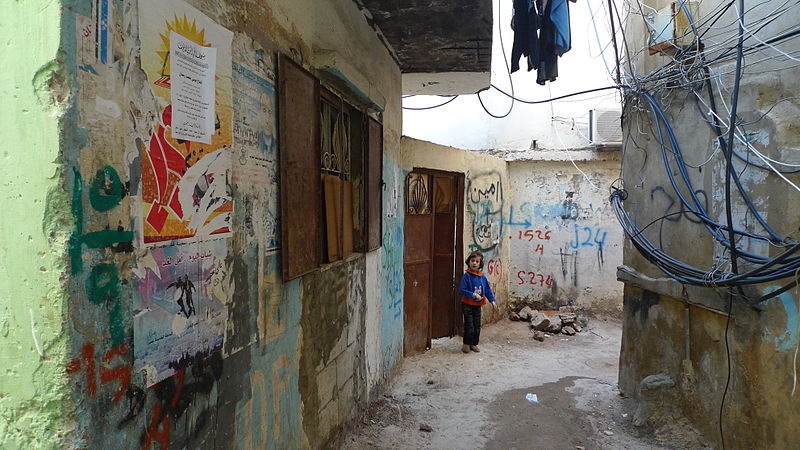2021 – 2022 Sexual and reproductive health and rights/SGBV
WHERE
LEBANON, Beirut – Bourj El Barajneh refugee camp
PARTNER
Women’s Humanitarian Organization (PWHO), Beirut (Lebanon)
BACKGROUND
In Lebanon, Palestinian refugees continue to suffer due to the deterioration of general socioeconomic conditions. The devaluation of the Lebanese Pound, combined with COVID-19 related business closures and movement restrictions, has resulted in increasing hardship faced by Palestine refugee households. Conditions in the country have further deteriorated following a major explosion at Beirut’s harbour on 4 August 2020. Bourj El Barajneh camp, located on the southern outskirts of Beirut, has hosted Palestinian refugees since 1949 and in the last decade also Syrian refugees, reaching approximately 40,000 inhabitants. Women refugees often lack of fundamental rights and suffer from a double-discrimination as women and as refugees. Early marriage is often adopted as a negative coping mechanism along with other measures such as child labour, reduction of food intake and education drop out.
Residents of this camp face many challenges due to the lack of proper infrastructure, limited job opportunities, and under-funded health facilities and educational institutions. UNRWA offers free medical care, but the services are insufficient. In the camp there is only one hospital managed by Palestine Red Crescent Society (PRCS), but in order to have access to the services users have to pay a ticket, and outside the camp medical services are very expensive. Taboos, stigma and lack of specialized services make it very hard for women to speak up about their traumas, so it’s difficult to detect sexual and gender-based violence (SGBV) cases. Since 2008, PWHO has created a Center for women where different activities are organized like awareness-raising and discussion groups on reproductive health (RH) issues. The Center offers services related to RH (gynecological examinations, family planning counselling, etc.), psychological and social counseling, external referral services to gynecologists, social workers, psychologists and health workers. It operates on a daily basis.
GOALS
The project aims to enhance the results achieved in the previous phase of the project, to:
improve the access and availability of high quality and integrated RH and GBV services to women refugees;
strengthen the capacity of PWHO staff to provide comprehensive, integrated and community based social services and psychosocial support to their female target.
BENEFICIARIES
500 Palestinian refugees (from Lebanon and Syria) will have access to the services of the PWHO Center with priority for women with a low level of education, young married and / or pregnant women, vulnerable women, mothers of disabled children
400 people will participate in awareness sessions on COVID-19, gender- based violence and health.
160 refugee women will receive health and education kits and food.
6 operators of the PWHO center will receive training and technical assistance from AIDOS on SGBV and RH.
ACTIVITIES
AIDOS Technical assistance to PWHO staff
AIDOS will ensure the coordination of activities and the financial management of the project. International experts on GBV and RH will provide capacity building activities to PWHO professionals to integrate GBV interventions in a more structured way, advance their approach to psychosocial support, strengthen their referral mechanisms, allowing PWHO operators to sustain women’s empowerment more effectively.
PWHO Services to refugee women
The Center for refugee women will offer: 1) medical and psychological counselling: gynecological services including screening, diagnosis and treatment, contraceptive counselling; medical counseling provided by a nurse; socio- psychological counseling for women with cases of depression, violence, trauma, etc; 2) awareness sessions on women’s health and RH: the activity carried out by a psychologist, a gynecologist, a nurse and a health educator, provides group information sessions provided by PWHO staff on topics related to menopause, sexual and reproductive health, nutrition, women’s rights, mental health, contraceptives…..; 3) production of information materials: flyers and bags with short messages on topics like hygiene, sexual diseases and breastfeeding will be distributed to women who come to the center and people living in the Bourj El Barajneh camp; 4) distribution of dignity kits. They may include: hygiene products, menstrual health (sanitary pads, sanitary napkins), garments, first aid and covid kits; distribution of 30 food items and vouchers to women and girls who are exposed to malnutrition or have children at risk or new born babies; distribution of 20 educational kits for women with children and younger girls.
EXPECTED RESULTS
6 PWHO professionals are more skilled on SGBV and RH and more able to offer integrated and quality services;
around 900 refugee women, girls and children have access to high quality client-friendly reproductive health and psycho-social services, are more informed about RH and SGBV issues, and demonstrate an improved knowledge and positive change in their attitude/practice related to their health.
WHEN
01/07/2021 -31/12/2022 (18 months)
COST OF THE PROJECT
€ 87,365
WHO IS FINANCING
Private donors (74%); Waldesian Church’s 8×1000 funds (26%)

